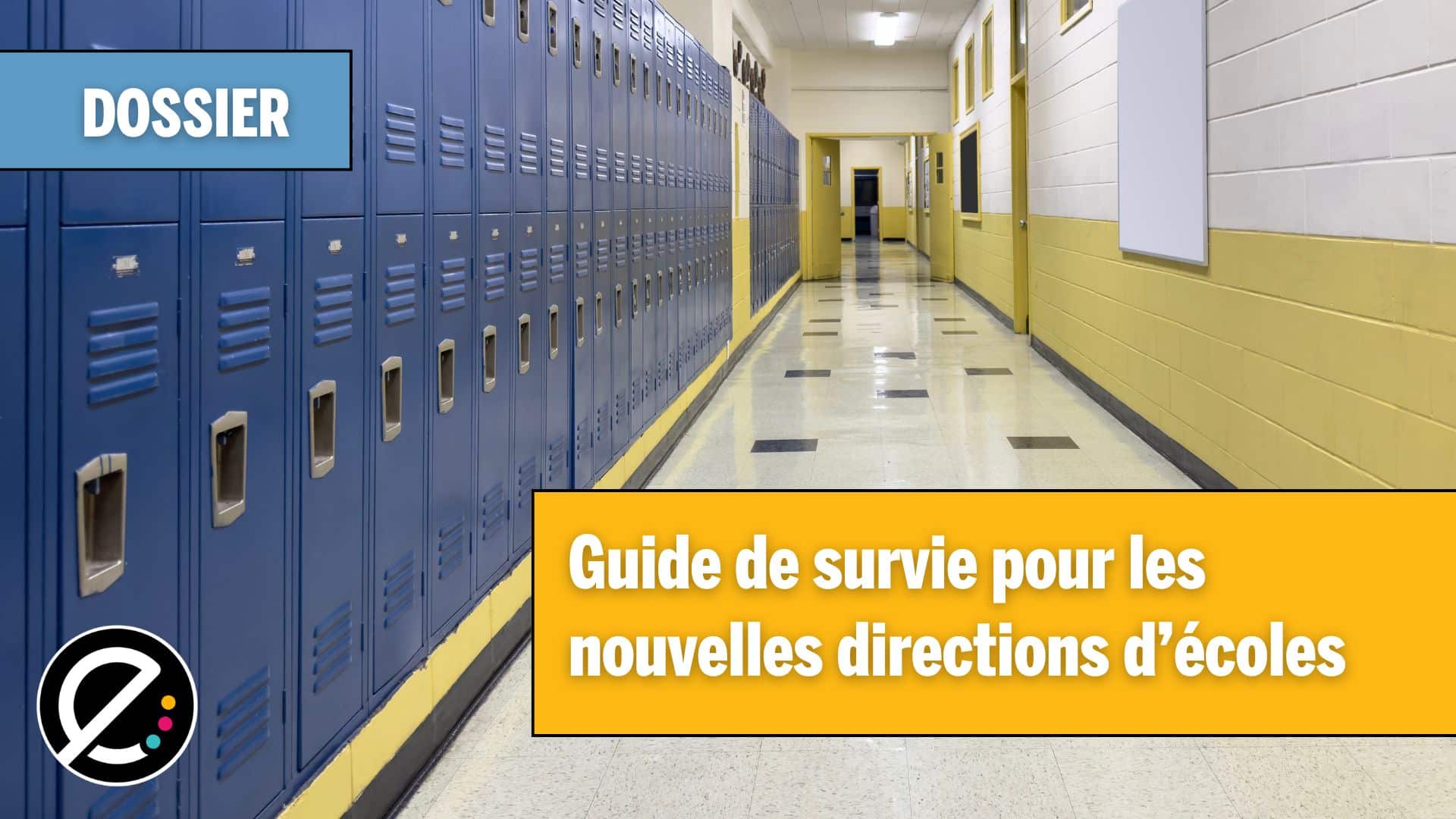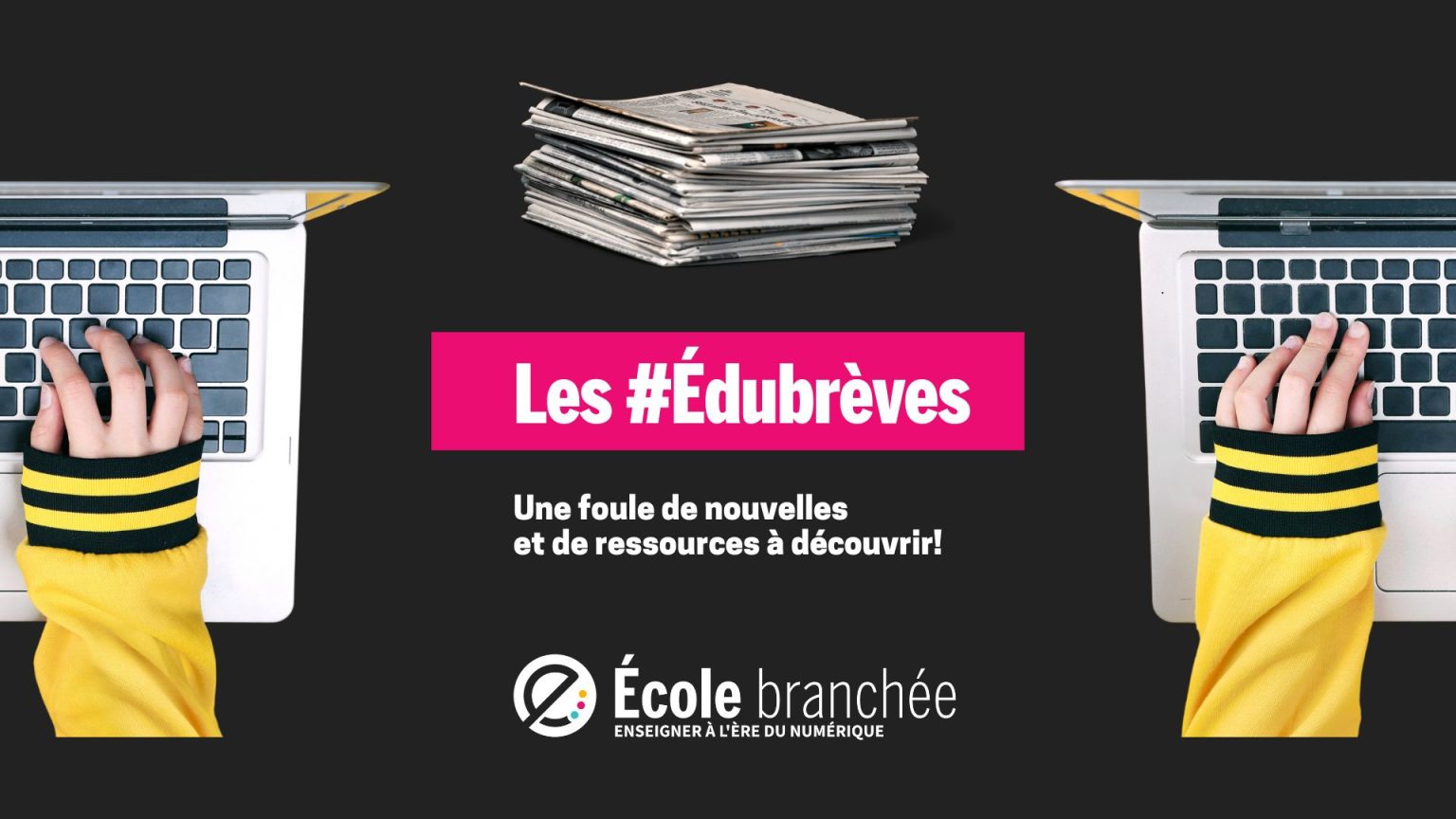De nombreuses personnes, même des enseignants, ont une conception erronée des sciences. Difficile donc, d’avoir envie d’enseigner une matière avec laquelle ils sont peu à l’aise. Pourtant, les sciences émerveillent les grands comme les petits.
L’ancien enseignant Martin Brouillard a fondé la compagnie les Neurones atomiques avec laquelle il souhaite redonner le goût des sciences aux enseignants. Il a animé un atelier dans le cadre du 24e congrès de l’AQEP récemment à Québec.
Pour le communicateur scientifique, l’enseignement des sciences est plus large que la simple réalisation d’une expérience. «Faire des sciences, c’est observer le monde qui nous entoure et se poser des questions. C’est interroger l’environnement et s’organiser pour qu’il nous réponde. Pour y arriver, il faut établir un protocole, une démarche », mentionne-t-il.
Huit activités scientifiques
La plupart des enseignants présents à l’atelier sont conscients que les sciences sont un levier pour faire lire, écrire et compter. Pourtant, ils se sentent démunis devant leur manque de formation et la pénurie de matériel. Au cours de l’atelier, ils ont pu découvrir huit nouvelles expériences simples et qui nécessitent peu de matériel et repartir avec un guide leur permettant de reproduire les expériences en classe.
Peut-on faire flotter de la pâte à modeler? Peut-on éteindre une chandelle cachée derrière une bouteille? Peut-on neutraliser un produit acide avec une solution basique? Peut-on reproduire le fonctionnement de l’œil? Voici quelques questions auxquelles les participants à l’atelier ont tenté de trouver une réponse.
Avant même de commencer l’expérimentation les enseignants réfléchissaient déjà à la manière de réaliser ces expériences dans leurs classes. Les minutes suivantes ont prouvé que peu importe l’âge, les sciences émerveillent toujours. Comme leurs élèves, les enseignants se sont posés des questions, ont été fiers de leurs réussites ou encore déçus de leurs échecs, se sont laissés surprendre par les résultats … et ont fait des dégâts!
En mettant les enseignants à la place de leurs élèves, Martin Brouillard a voulu leur faire comprendre qu’il ne faut pas mettre leurs craintes sur le dos des élèves et qu’il n’est pas nécessaire de tout connaître pour faire des sciences. Il suffit d’être un guide et d’accompagner les enfants dans leurs réflexions. Les enseignants d’une même école ont aussi avantage à se concerter pour savoir quelles expériences seront réalisées à chaque année et permettre aux enfants de mieux progresser.
À lire aussi :





